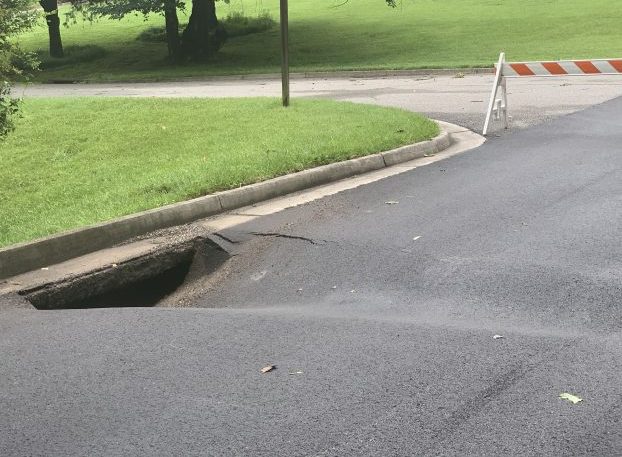Hunger in the area: How to help
Published 3:56 pm Monday, November 19, 2018
In our tri-county coverage area this week, there are several organizations that will distribute hearty, delicious Thanksgiving meals to those in need. Throughout the year, and particularly as the holidays approach, families and individuals are facing increased financial strain. They may also live in areas with limited transportation options or live further away from grocery stores. That, along with the colder temperatures, result in increased risk of hunger or the uncertainty of where the next meal will come from, what’s known as food insecurity.
Perhaps the first way to help food insecure people is to understand what it means and who it affects.
Food insecurity is defined as those who do not receive necessary nutrition or face uncertainty about where and how they will receive their next meals.
Trending
FeedMore, an organization based in Richmond that supports the FACES Food Pantry in Farmville and the Delma’s Pantry food bank in Cumberland, cited on its website that one in seven Central Virginian residents is food insecure, “meaning that nearly 200,000 of our neighbors are not receiving the necessary nutrition. And of that, more than 53,000 children, or 1 in 6, in Central Virginia do not know when or from where they will receive their next meal.”
Senior citizens make up a sizable percentage in our region. Factors that include limited access to transportation can severely limit the options that senior citizens have to receive proper nutrition.
Statistics from the U.S. Census Bureau in 2016 cite that Prince Edward has an estimated 22.6 percent of its population of all ages who live in poverty, with an estimated 18.2 percent in Cumberland and an estimated 17.6 percent in Buckingham County.
A surprising but quickly growing demographic of food insecurity is college students. Particularly as the semester draws to a close and money runs short on meal plans, college students make difficult decisions to place expenses toward tuition and rent that leaves little or nothing left for food, hygiene products or other necessities.
Longwood University’s students recently opened a student food pantry at Wesley Campus Ministry as an option for students facing food insecurity.
There are things that we as a community can do to help those struggling with food insecurity. The first is to help organizations that are working on the front lines to address food insecurity. This can be donating funds to, among other organizations, FACES Food Pantry and Piedmont Senior Resources (PSR), which has a meal delivery system for numerous elderly residents spanning seven counties. The Longwood student pantry is also accepting donations from the community that include ready-made, non-perishable meals such as cans of soup and hygiene products that include toothbrushes, feminine products, deodorant and shampoos.
Trending
EMILY HOLLINGSWORTH is a staff reporter for The Farmville Herald and Farmville Newsmedia LLC. Her email address is Emily.Hollingsworth@ FarmvilleHerald.com.





